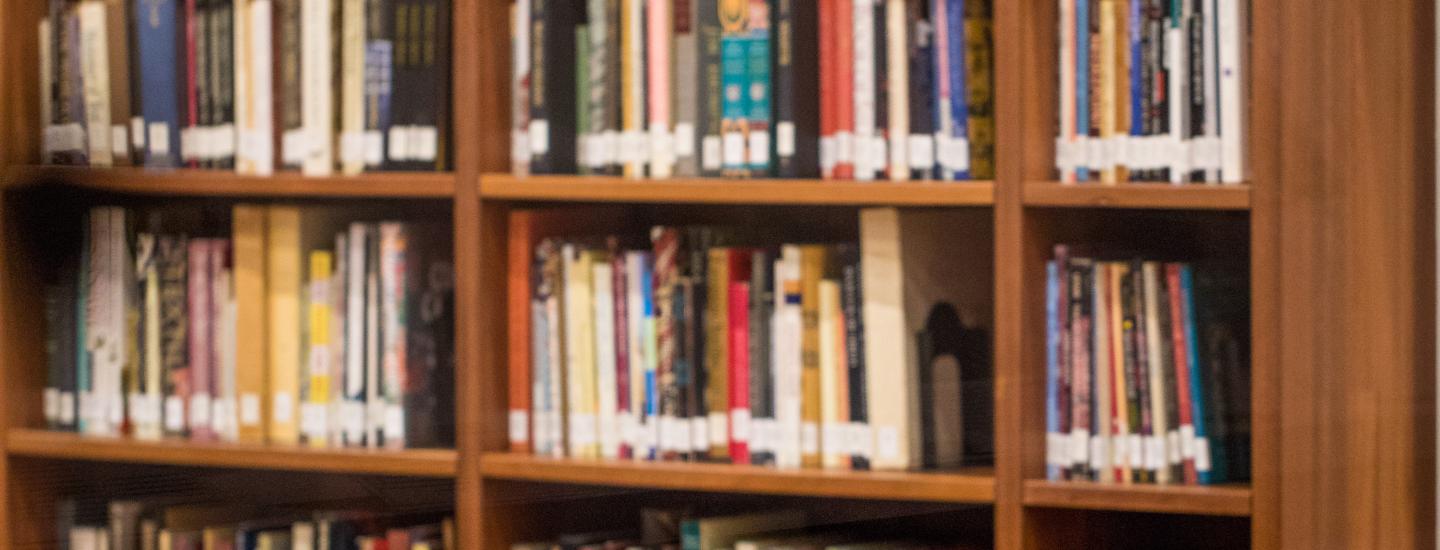
“Once you disengage from school, you can get so caught up in work, family, and daily routine, it’s easy to fall out from what is new. We get comfortable. But meeting new people, hearing fresh ideas, you realize how much insightful information there is to take in…Once you get a taste of continuing education, you want to keep going.” – Nitin Sanan, SCS learner
When Nitin Sanan began pursuing his Strategic Leadership: Advanced Certificate at the School of Continuing Studies (SCS), his perspective, career options, employer support, and personal brand expanded exponentially. With a background in engineering and an MBA in marketing, Sanan lives in China working as a Senior Manager in plastic manufacturing. After relocating to China from Canada in 2013, Sanan studied French for Absolute Beginners online at SCS in an effort to communicate better with his wife’s French-speaking family. He loved the experience so much, he began exploring other learning opportunities at SCS.
“I started working towards my Strategic Leadership: Advanced Certificate. I’ve been with my company for 13 years now; I know the company inside out, and manage 37 people. However, I wanted to go further, and enhance my leadership skills. One particular course in the certificate, Digital Media Strategy for Leaders, was a real game-changer,” recalls Nitin. “I didn’t know much about social media at the time, but this course helped me develop skills in personal branding. I started using social media, especially LinkedIn, on a whole new level, and developed a personal brand statement. I started sharing content, thinking strategically about what I was posting and when. For example, I presented at an event, and asked my instructor Lina Duque how I could share a photo of my talk on social media. She helped me develop a strategy to share it over LinkedIn, Twitter, and Instagram. It received over 1,800 views, and I even wrote an article about.”
Nitin’s new social media presence did not go unnoticed; he was approached by recruiters and offered two jobs. The marketing and sales teams at his company noticed his social media skills as well, and Nitin began sharing best practices and ideas across the organization. Even his manager saw what a difference Nitin was making throughout the company, and asked to learn more about his studies. “My boss asked me about my learning at SCS and was impressed. She spoke to our board, and they offered to fund the remainder of my certificate, which I’ll be completing this fall. My new social media presence and personal branding quickly paid off,” says Nitin. “My company has been incredibly supportive of my learning, and they allow me to have flexibility in my schedule to accommodate the time difference.”
According to Nitin, continuing education is a must-have to avoid falling behind on important trends and industry insights. “Once you disengage from school, you can get so caught up in work, family, and daily routine, it’s easy to fall out from what is new. We get comfortable. But meeting new people, hearing fresh ideas, you realize how much insightful information there is to take in. I learned from both my instructors and my classmates. They inspired me to keep learning! It’s a way of updating myself,” reflects Nitin. “I want to be a great leader and really understand people. I’m learning that true leadership involves looking at the big picture and learning to let go. I’m committed to my studies; once you get a taste of continuing education, you want to keep going.”












